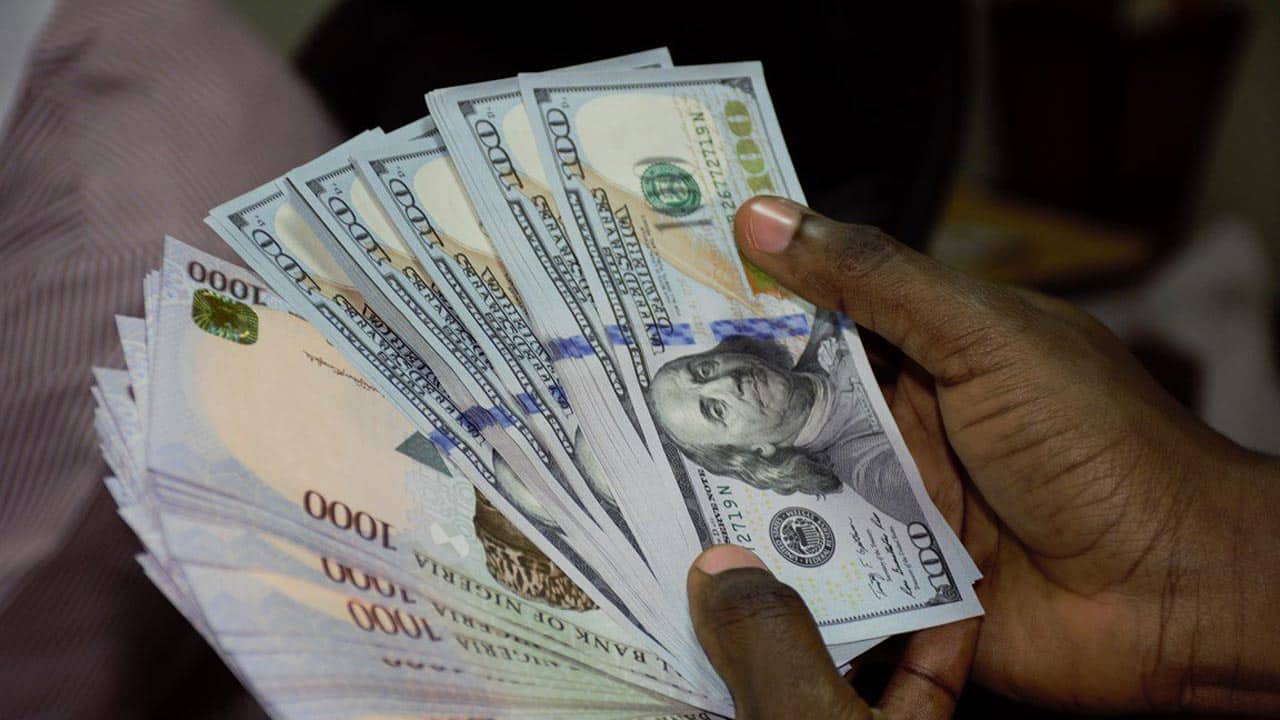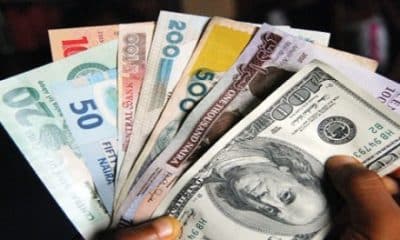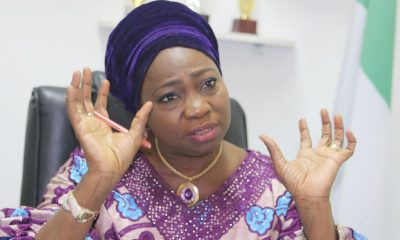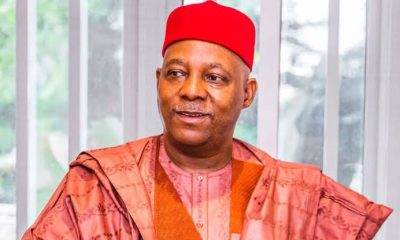Nigeria News
List Of Countries That Survived Currency Devaluation As Naira Struggles Against Dollar

Revaluing a national currency and restoring its value involves a complex mix of monetary policy, fiscal adjustments, and sometimes structural reforms.
Nigeria is currently battling with Naira devaluation, an issue which has seen the currency of the country more or less described as valueless.
In the last few weeks, the Naira to Dollar exchange rate has called for attention, with the Naira standing at N1450/$1.
This value of the Nigerian currency has seen the price of commodities in the country skyrocket.
In an effort to stabilize the fluctuating exchange rate, the Central Bank of Nigeria (CBN) issued a directive for Deposit Money Banks to offload their excess dollar reserves by February 1, 2024.
This move, disclosed in a circular released on Wednesday, is part of the CBN’s broader strategy to address the volatility in the foreign exchange market.
Naija News, in its research, understood that restoring a currency’s value typically requires a combination of tight monetary policies, fiscal austerity, structural reforms, and, in some cases, re-denomination or the introduction of a new currency.
Several countries have successfully navigated this challenging process, often under the guidance of international financial institutions like the International Monetary Fund (IMF) or through unilateral efforts.
Each country’s strategy has been unique, tailored to its specific economic conditions, challenges, and the global economic environment at the time.
Successful recovery stories often involve painful short-term adjustments that lay the groundwork for long-term stability and growth.
Here are some notable examples:
1. Germany (1923-1924)
After World War I, Germany experienced hyperinflation, peaking in 1923. The Rentenmark was introduced as a new currency, backed by real estate, to replace the worthless Papiermark.
This measure, combined with fiscal discipline and a commitment to stop printing money, restored confidence and stability in the German economy.
2. Zimbabwe (2009)
Zimbabwe went through one of the worst cases of hyperinflation in the 21st century, with rates hitting 79.6 billion percent month-on-month in November 2008.
In 2009, the government abandoned its currency, the Zimbabwean dollar, allowing the use of foreign currencies such as the US dollar and South African rand.
This move and some fiscal adjustments helped stabilize the economy and curb hyperinflation.
3. Brazil (1994)
Brazil battled high inflation rates for decades until the Plano Real was introduced in 1994.
The plan involved a new currency, the Real, pegged to the US dollar.
This stabilization effort was accompanied by fiscal austerity measures and structural reforms, which helped reduce inflation rates and restore economic growth.
4. Argentina (1991)
Argentina faced hyperinflation in the late 1980s and early 1990s. The Convertibility Plan 1991 established a currency board that pegged the Argentine peso to the US dollar at a 1:1 ratio.
This measure, alongside fiscal discipline, helped bring down inflation and stabilize the economy, although it was later abandoned in 2002 due to its unsustainability.
5. Estonia (1992)
After regaining independence from the Soviet Union, Estonia introduced its currency, the Estonian kroon, in 1992. The kroon was initially pegged to the German mark (and later the euro) through a currency board arrangement.
This system, combined with significant market reforms and fiscal discipline, helped Estonia achieve stability and growth.
6. South Korea (1997-1998)
During the Asian Financial Crisis, South Korea’s economy was hit hard, and the value of its currency, the won, plummeted.
The government secured a $58 billion bailout from the IMF, accompanied by financial sector reforms, corporate restructuring, and fiscal austerity measures.
These reforms helped restore confidence, stabilize the won, and set the stage for a strong economic recovery.












